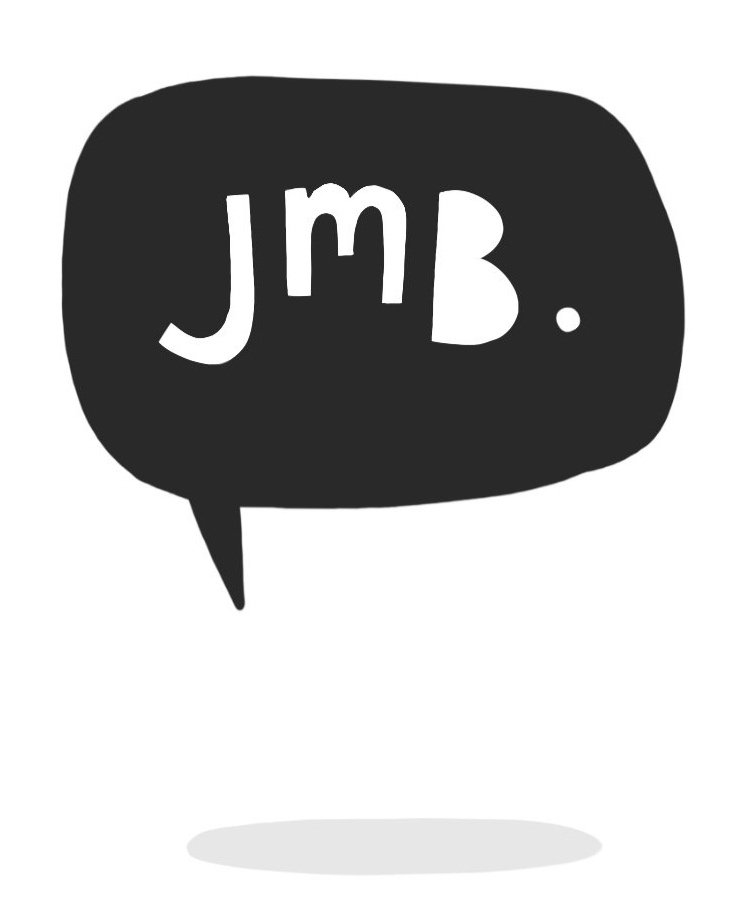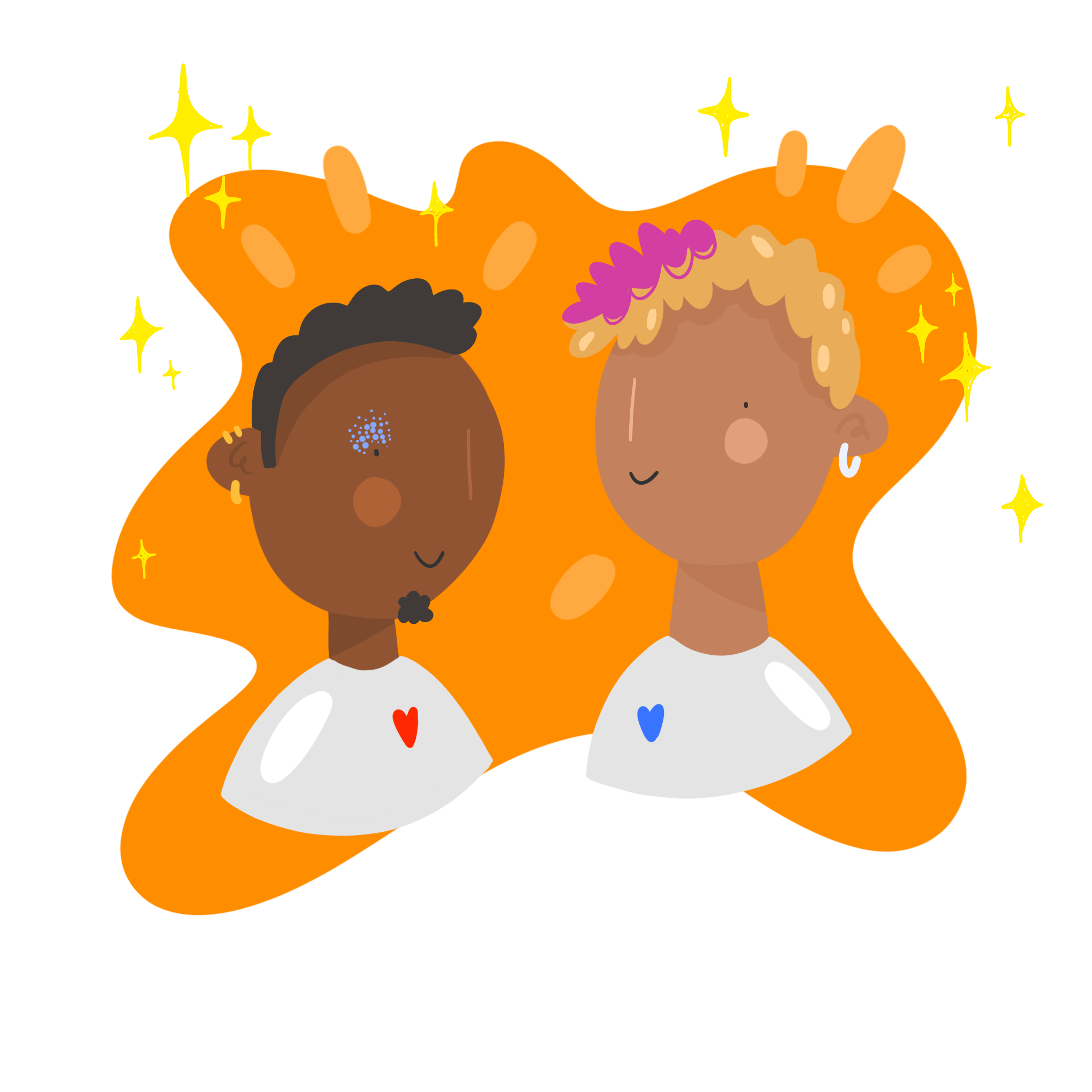Why we need more spaces for Queer People of Colour. By Lila De Souza
Racism still Plagues LGBT Organisations: Why we need more spaces for Queer People of Colour.
Lila De Souza (she/they) is a desi QPOC artist, poet, mentor & facilitator that has worked as a community organiser and LGBT+ youth worker across the UK. They are of Goan South Indian descent and have lived experience of neurodiversity and mental illness. They have designed and delivered specialist services in school and community based settings. Their approach is intersectional and trauma informed with a focus on disability justice.
Programmes that they have led include She Speaks UK Spoken Word performance workshops and events. Previously commissioned work has included craftivism workshops for Rosa UK and poetry for Desert Rose Literary Magazine.
As a Community Organiser and Youth Worker I have extensive experience designing and delivering services for and led by LGBT folks in areas where QPOC are under-represented. My work has also included creating new services for young (aged 13 - 25) QPOC within restraints of inadequate resources. These work experiences have predominantly been in areas outside of London, such as Rugby, Nottingham, Derby, Alfreton and Greater Manchester, it is with this experience that I am more concerned with the specific needs of queer people of colour and recognise that there is still so much work to do in understanding and addressing the intersections of queerness and race.
LGBT rights are relatively new within the UK, with gay sex only being decriminalised in 1983 and section 28 only being repealed in 2003 (Stonewall, 2016). It had only just become acceptable to merely teach and discuss LGBT content in the past two decades, meaning that the vast majority of British society was socialised with the prevalence of heteronormativity and an acceptance of homophobia as a necessary part of our societal structure. Similarly, whilst the Race Relations Act was brought into policy in 1967, reflection on our education system shows evidence of the intentional whitewashing of Britain's legacy. This has meant that the general awareness and ability to name and address racism in Britain is also a relatively new concept.
As a society, we are still catching up with key concepts of inclusion from an approach that recognises what Kimberle Crenshaw and other Black feminist scholars have identified as intra-group differences. An analysis of intra-group differences, often referred to as “intersectionality”, recognises that there are many aspects of lived experiences, such as gender, sexuality, disability, neurodivergence* etc, that need to be acknowledged to ensure a rigorous understanding of oppression. However, much of the work within organisations is often limited to EDI, which, in my experience, is limited in its scope and ability to address the issue of power and oppression. The insistence on EDI has led to consistent repression of critical and important challenges to power, which in turn has led to a limited and tokenistic response to the experiences of marginalised people.
The reality of the current situation in the LGBT non-profit sector is that most LGBT charities are unprepared, uneducated and ill-equipped to adequately engage and support QPOC. At best, this type of work has felt like a constant oversight, and at worst, it was tokenistic and a completely missed opportunity to utilise the skills, motivation and passion to do meaningful work.
Nevertheless it is important to give credit where it's due, there have been LGBT organisations who have identified that there is a demographic with a need for QPOC spaces, have wanted to respond to this and have made some well meaning attempts to. In addition, there have been some paid opportunities to research, design and deliver services for a QPOC demographic. This has included work as a Sessional Worker for the ‘BME LGBT+’ group at Derbyshire Friend (now Derbyshire LGBT+), which unfortunately is no longer active, and Youth Worker roles for the Proud Trust running the QPOC youth offering called Fusion. This is a decent starting point where there is potential for great work to be done.
Whilst the examples above give an insight which suggests that there are opportunities and certainly interest in developing an understanding of QPOC and their specific needs, there still seems to be a lack of adequate skills, resources or support for creating effective QPOC spaces for the QPOC community. The charities sector at large is still plagued by racial hierarchies. One often finds that leadership in many of the well-known LGBT organisations are predominantly white, male, and cis, with the occasional cis woman and/or trans person. QPOC can be the face of a limited QPOC offering but not have the power to decide what resources can be directed to it and how. Work is often poorly compensated either through low salary or lack of hours given to be able to do the work, often for doing the groundwork of pioneering QPOC spaces.
This work needs to be QPOC-led but rarely is, which isn’t good enough. How can meaningful work be done and a quality service delivered to QPOC if we are not represented at the decision-making level?
Whilst white LGBT folk and QPOC deal with discrimination such as heterosexism and/or cissexism, QPOC have the additional axis of racism to contend with. White LGBT folk benefit from white supremacy* and related systems of oppression such as imperialism* and colonialism*. Within these contexts, it is acceptable to be completely ignorant of racial prejudices.
QPOC, on the other hand, deal with having multiple marginalised identities and the minority stress that comes with it. Studies have shown that QPOC experience higher levels of discrimination and consequent stress. This has included but is not limited to QPOC reporting having to compartmentalise identity in different spaces (Ghabrial, 2016) as well as experiencing racism within LGBT communities. All of this adds up and contributes to further stress, which may make QPOC more susceptible to adverse health outcomes (Balsam et al., 2011).
“People of colour need their own spaces. Black people need their own spaces. We need places in which we can gather and be free from the mainstream stereotypes and marginalization that permeate every other societal space we occupy.
We need spaces where we can be our authentic selves without white people’s judgement and insecurity muzzling that expression. We need spaces where we can simply be—where we can get off the treadmill of making white people comfortable and finally realize just how tired we are.”
- Kelsey Blackwell.
QPOC spaces can provide an alternate environment free from so many existing spaces that have racist, transphobic and homophobic foundations (Pattisapu, 2019). In these spaces, people report feeling seen and accepted for their multiple identities. Further benefits of having QPOC spaces include having a place where we do not need to engage in the emotional labour of educating white people about our experiences and sometimes even having to evidence them. In addition, many people report QPOC spaces as healing (Young, 2018).
A few great examples of organisations pioneering QPOC-led spaces include UK Black Pride (check out the Community Action Fund for organisations that champion LGBTQI+ Black individuals and people of colour across the UK) and Radical Therapist Network, which have offered QPOC-led events such as healing spaces for QPOC.
In addition, numerous QPOC-led groups have pioneered and created free-to-attend QPOC spaces across the UK. In my own experience, these have included QTIPOC Notts based in Nottingham, Rainbow Noir in Manchester, Unmuted in Birmingham and Radical Rhizomes in Brighton. Many of these hold regular local group meet-ups and online workshops and events explicitly for QPOC. This includes everything from casual meet-ups to voguing to qigong, meditation, zine-making, and much more.
These QPOC-led organisations and groups are where the necessary skills, experience and expertise lie in the successful creation of QPOC spaces. Unfortunately, they are typically underfunded and often reliant on volunteers to keep them active. LGBT organisations who want to support QPOC spaces could designate funding for this work to be done by existing QPOC-led initiatives instead of attempting to replicate what they are already doing.
QPOC spaces need to be truly led by QPOC people and that’s at every level from managerial to front line workers, it’s a whole infrastructure. Without this there is a great risk of this work being tokenistic and limited to the imaginations of white cis folk who do not understand how to prioritise QPOC spaces effectively. There is a world of possibility beyond this where QPOC have access to well-resourced QPOC-led spaces that are free from racist, transphobic and homophobic foundations where we can connect, heal and thrive.



